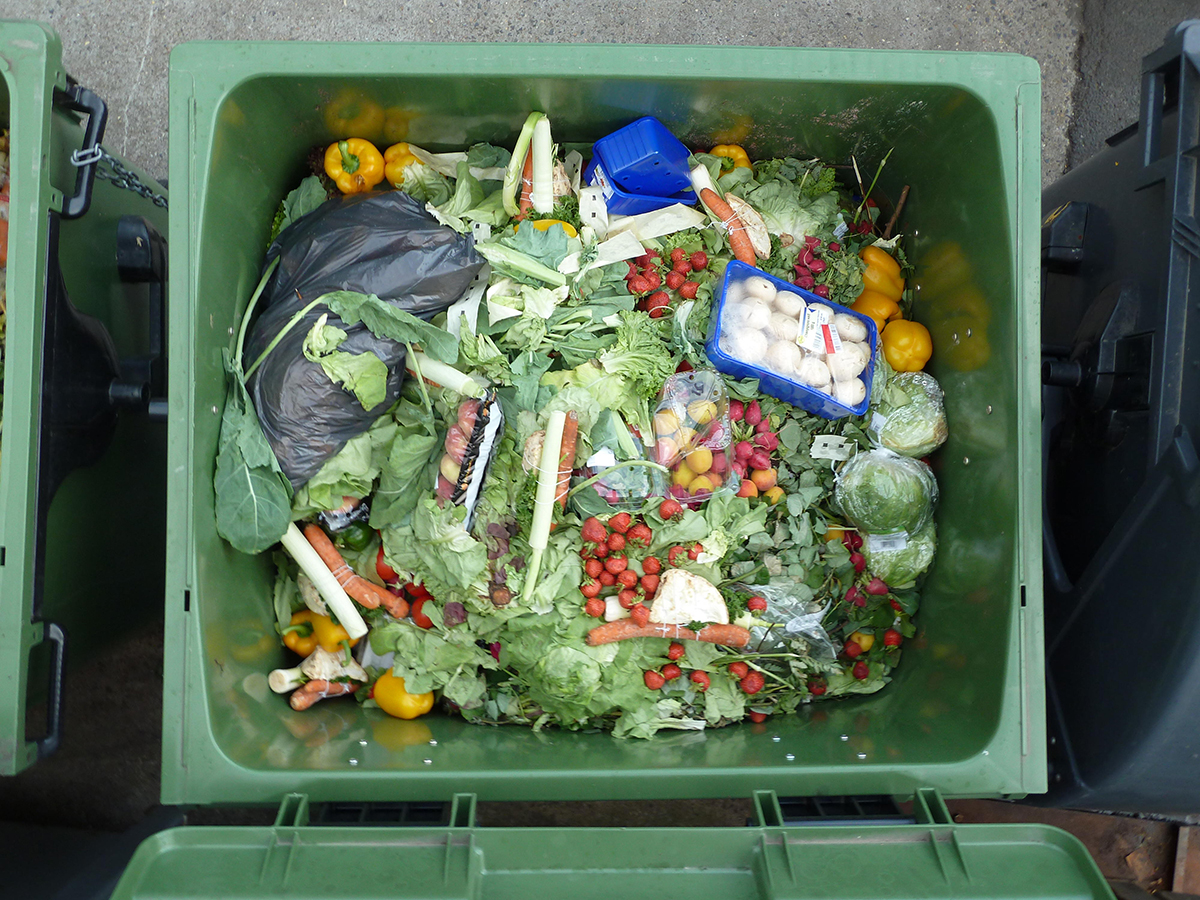IBM Hackathon winner helps fight rash of wasted food

food waste2
IBM recently called on developers in the U.S. to use open-source technology to create solutions to fight food waste. The Food Waste Developer Challenge wrapped up in August and the winner of the competition has just been announced.
Food waste is a major issue in the U.S. By the USDA’s estimates, 30-40 percent of the food supply goes to waste. In 2010, when the agency compiled its most comprehensive food waste figures, that corresponded to roughly 133 billion pounds and $161 billion worth of food.
The consequences of this waste range from food security to ecological issues.
“The land, water, labor, energy and other inputs used in producing, processing, transporting, preparing, storing, and disposing of discarded food are pulled away from uses that may have been more beneficial to society,” according to the USDA, “and generate impacts on the environment that may endanger the long-run health of the planet.”
Incredibly, given that food security is such a pressing issue in this country and elsewhere, food waste is the single largest component going into municipal landfills, according to the EPA.
IBM, along with partner AngelHack, created the Food Waste Challenge on the premise that coders can help create a more transparent and real-time supply chain tracking how food is sold and fulfilled with waste reduction in mind. Developers in the contest were asked to leverage IBM’s code patterns and data sets to create new solutions that dramatically reduce waste through grocery and food chains. Some of the tools at their disposal include IBM Watson Visual Recognition, IBM Blockchain, and chatbot APIs.
One month and more than 100 registered teams later, IBM has announced that a winner is a group called FreShip.
FreShip combines software and hardware to minimize food waste through constant monitoring along with a smart eCommerce platform that allows food that would otherwise be wasted to be resold elsewhere. FreShip places Arduino and NB-IoT technologies in food shipping containers to help monitor food freshness during transport. Smart bidding contracts are deployed via blockchain.
“Using IBM Watson machine learning, FreShip analyzes photos of food to determine how fresh it is and provides options for what to do with food instead of letting it go to waste,” according to IBM. “For example, if a supermarket orders bananas and due to shipping delays the bananas are too ripe for them to sell, instead of them being thrown away, FreShip would allow them to redirect this shipment of bananas to a manufacturer that could use them.”
The result is a reduction in the loss for the supermarket, as well as less food waste.
For winning the contest, FreShip will get a few thousand bucks. A bigger prize, however, maybe the exposure the first place finish brings. IBM will be inviting the FreShip team to a dinner summit with grocery industry leaders, as well as showcasing the technology through various IBM channels.




